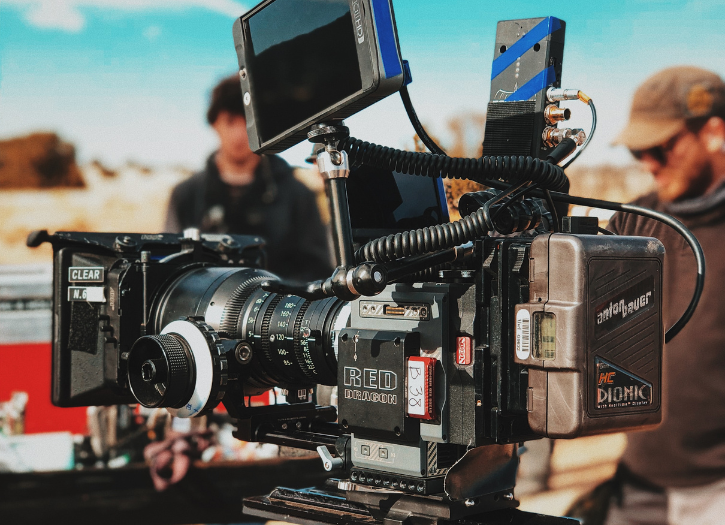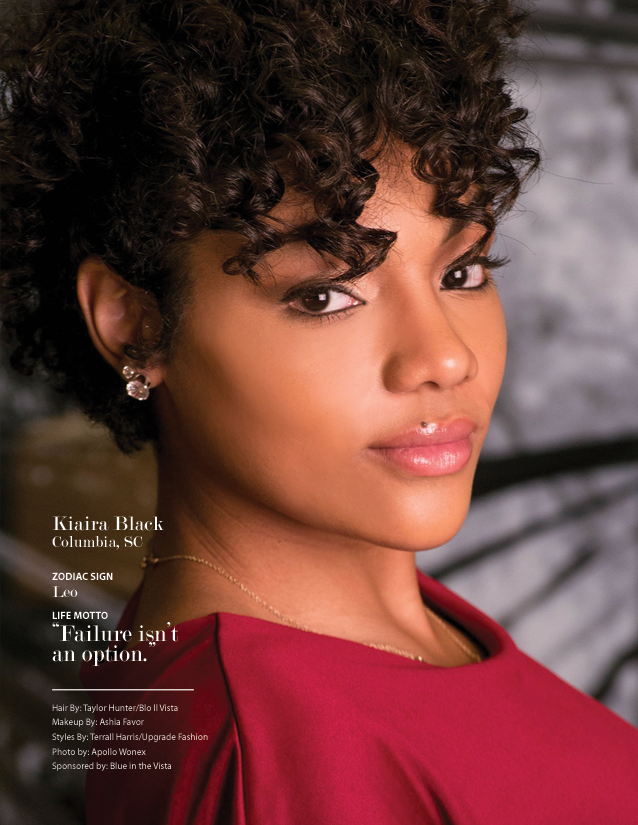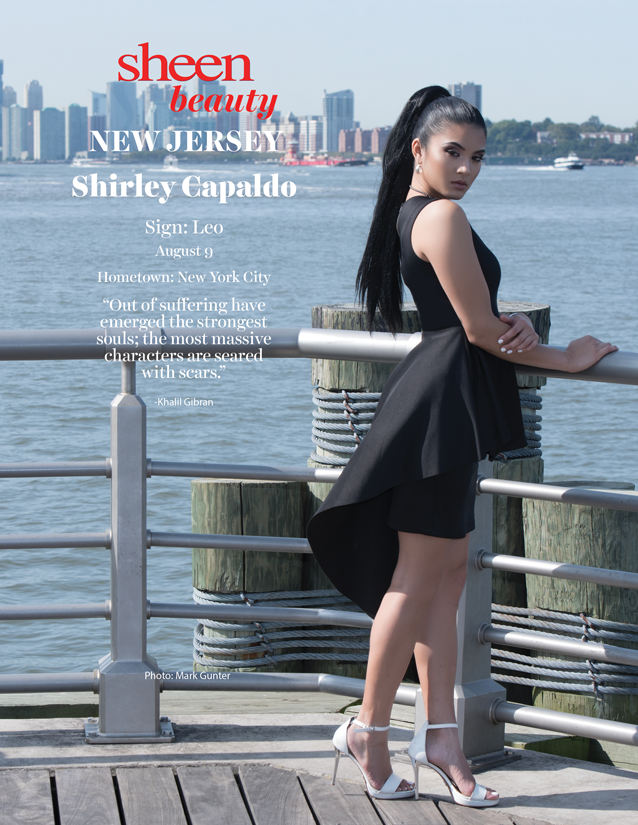Shannon began her career in the Canadian film industry cataloging music for Crawley Films in Ottawa.
She later joined the National Film Board (NFB) as an editor in 1956 when she was 21. In her early years at the NFB Shannon worked as a sound, music, and picture editor. After Shannon had some 200 films to her credit as an editor she directed her first film, Goldwood in 1970. Goldwood was based on her childhood memories of one of the mining towns in British Columbia .
From 1974 to 1975, Shannon produced and directed eleven short films that made up the Working Mothers film series. The films delve into the experiences of working mother’s throughout Canada, with some of the films focused on individual women, including Our Dear Sisters, whose subject was Indigenous filmmaker Alanis Obomsawin. The series was created as part of the NFB’s Challenge for Change Program (1967-1980), which was a government-funded initiative to bring the art and practice of filmmaking to communities across Canada to incite social change.
Initially meant to be one film, Shannon and distributive consultant Doris Mae Oulton proposed a format change of several short films and held small test screenings across different communities to try to convince the NFB and the project’s federal government sponsor of the new format’s potential for success. With the new format approved, the Working Mother’s series became arguably one of the most important achievements of Challenge for Change, and its success paved the way for Shannon’s proposal for a women’s studio within the NFB.
Shannon was the driving force behind the creation of Studio D. She lobbied the unenthusiastic NFB to create a women’s film production unit that would produce feminist documentaries created by and for women. When the studio was launched in 1974, it was housed in the basement of the NFB headquarters in Montreal with a budget of $100,000 and three women on staff; Shannon, Margaret Pettigrew, and Yuki Yoshida. Shannon became the first executive producer and remained in the role for 12 years before stepping down in June 1986.
In an interview with The Christian Science Monitor, Shannon outlined in what her opinion was the five objectives of Studio D: “providing employment opportunities for women, providing training opportunities for women, meeting the information needs of women, creating an environment that would facilitate ‘exploring our creativity in our own way’, [and] bringing the perspective of women to bear ‘on all social issues.'”While executive producer, Shannon oversaw the creation and production of over 80 films, including the Academy Award-winning documentaries I’ll Find a Way (1977) and If You Love This Planet (1982).
Filmography
- Goldwood, 1974 (director; writer; editor; music)
- I Don’t Think It’s Meant for Us, Challenge for Changeseries, 1971 (director; editor)
- It’s Not Enough, Challenge for Changeseries, 1974 (director; editor; producer)
- Like the Trees, Challenge for Changeseries, 1974 (director; editor; producer).


















Add Comment